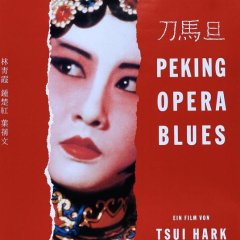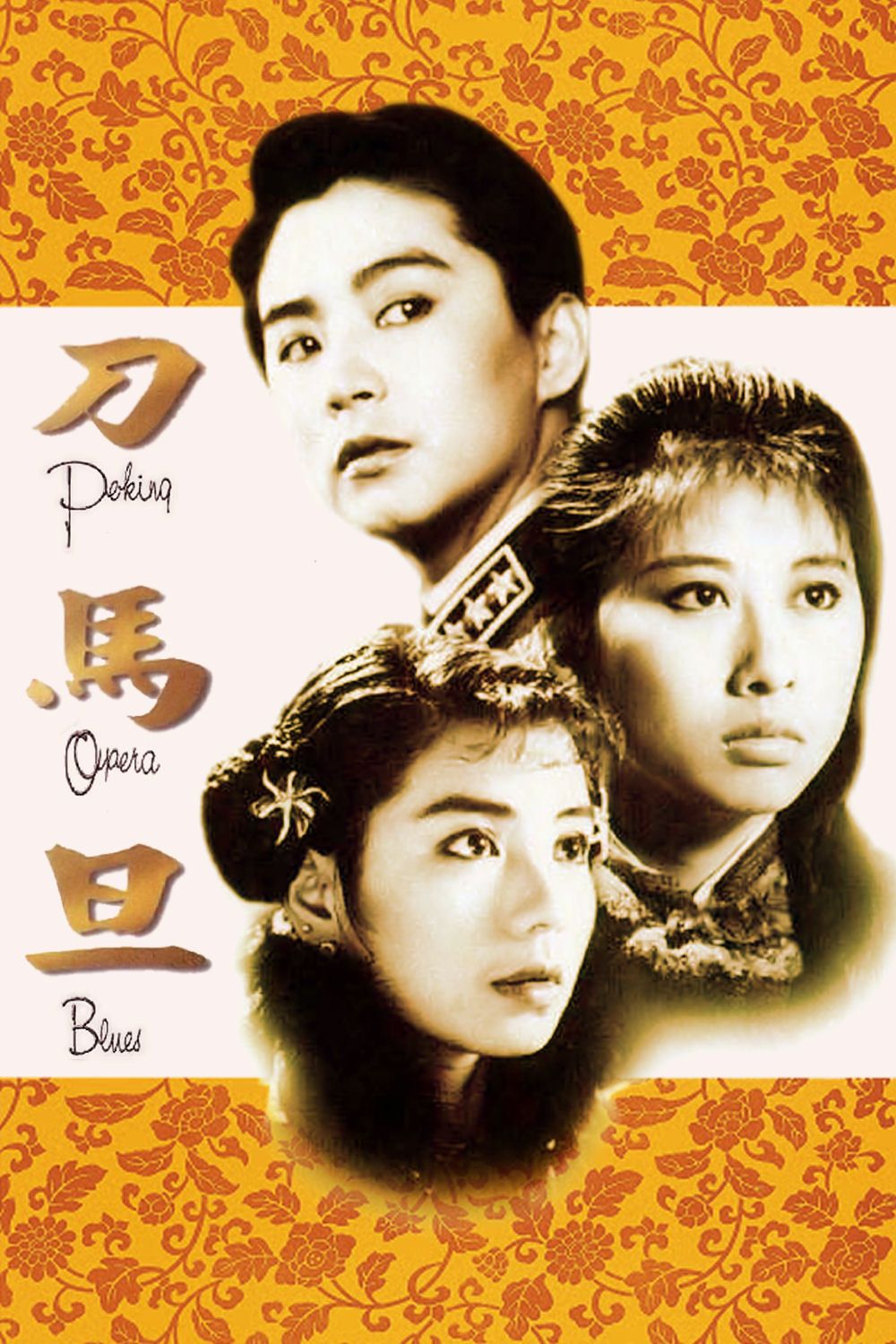

Several major directors brought their A game to the 1980s, a transfusion of fresh-blood filmmakers hit the scene with breakthrough works and bold debuts, and a handful of veteran international auteurs made late masterpieces. Genres like science fiction and horror hit new heights. But that 10-year period minted a handful of Hall of Fame movie stars. It was a lull, a pressed pause button, a clearing of the throat in between arias. For a long time, the Eighties were considered a bit of a cinematic dead zone stuck between the New Hollywood/modern blockbuster-inventing Seventies and the edgier, irony-heavy Indie Revolution Nineties. (Thank you for three of those things.) And if you went to the movies regularly, you were blessed with a steady diet of horny teens, killer robots, homesick extraterrestrials, raging bulls, road warriors, cop-and-crook team-ups, and more dystopian visions of the future than you could shake a time-traveling DeLorean at.

This is a fast and furiously splendid comedy-adventure.It was the decade that gave us the Reagan administration, Rubik's cubes, "The Reflex" and Run DMC.

There's a surprisingly poignant and bursting emotionalism blended in with the cornerstone chaos of one-liners and well-choreographed action set pieces. Kenneth Tsang rejoices in his performance as General Tsao and overplays the part wholeheartedly, complete with maniacal laughter. There's a competitive and humorous feminist spirit conveyed from the three main cast members of Cherie Chung, Sally Yeh and Brigitte Lin. There's additionally an undertaking to obtain a document which reveals that the Chinese authorities are inflicting restrictions on democracy, something which is very unfortunately pertinent to the circumstances of the present time. The imaginative story set in Beijing during 1913 unites three women from various backgrounds, but all with a shared yearning for liberation, in the middle of a hostile conflict between two rival triad gangs. Cited by Quentin Tarantino as "one of the greatest films ever made" and nominated in six categories at the 6th Hong Kong Film Awards, Peking Opera Blues is a captivating story which delightfully derides male chauvinism which the director, primarily known for his Once Upon a Time in China franchise, conveys with vibrant colours and luxurious costumes. A combination of over-the-top action and political satire plus conceivably being the defining work of director Tsui Hark.


 0 kommentar(er)
0 kommentar(er)
